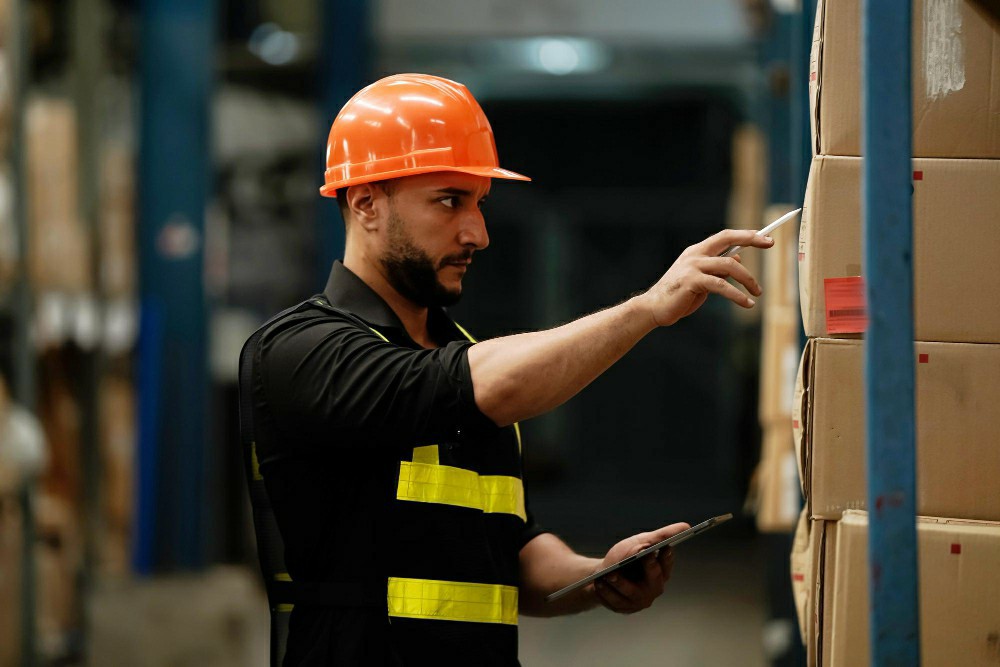


 349,500 Offered Certificates
349,500 Offered Certificates
 24/7 Online Training
24/7 Online Training
 Money Back Guarantee
Money Back Guarantee
 Fully Accredited Courses
Fully Accredited Courses

Created at: 16-11-2024 19:55
In healthcare settings, the safety of both staff and patients is paramount. With the rising incidence of workplace injuries related to manual handling, it's essential for healthcare professionals—such as nurses, caregivers, and support staff—to undergo specialized training. This article explores the myriad benefits of manual handling-first training and how it plays a critical role in ensuring safe practices.
Manual handling-first training provides participants with the knowledge and skills necessary to perform manual handling tasks safely. It is especially crucial in environments like hospitals, nursing homes, and rehabilitation facilities where staff frequently lift, carry, or support patients. The objective is to minimize the risk of injury while enhancing the quality of care.
One of the most compelling reasons for healthcare professionals to engage in manual handling-first training is the enhancement of safety standards. Proper training equips staff with techniques that not only protect their well-being but also ensure patient safety. Participants learn about posture, body mechanics, and the appropriate use of equipment, resulting in safer work practices.
Statistics show that lifting and carrying patients without adequate training can lead to severe injuries, including back strains and sprains. By investing in manual handling-first certification, healthcare organizations can significantly reduce these incidents. The training emphasizes best practices and risk assessment, enabling workers to identify potential hazards early.
In Ireland, employers are mandated to ensure that employees receive proper manual handling training as part of workplace health and safety regulations. Enrolling in a manual handling-first safety course helps organizations meet these compliance requirements. This is not only vital for legal reasons but also for fostering a culture of safety within healthcare teams.
When staff are trained effectively, their confidence in handling patients increases, leading to improved job performance. Feeling capable and knowledgeable in manual handling-first techniques encourages proactive behavior and vigilance in identifying potentially hazardous situations.
With the advent of online education, healthcare workers can now access manual handling-first online courses from anywhere in Dublin, Cork, Galway, and beyond. These programs offer flexibility, allowing professionals to complete their training at their own pace while balancing their demanding schedules.
The importance of manual handling-first training cannot be overstated, especially in the high-pressure environment of healthcare. Ensuring your team is trained and certified is essential for maintaining a safe workplace. To find a certified manual handling-first course suitable for your team, visit Ireland Safety Training or contact us at [email protected]. Make safety a priority and protect both your staff and your patients today!